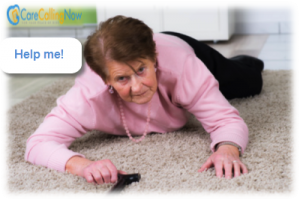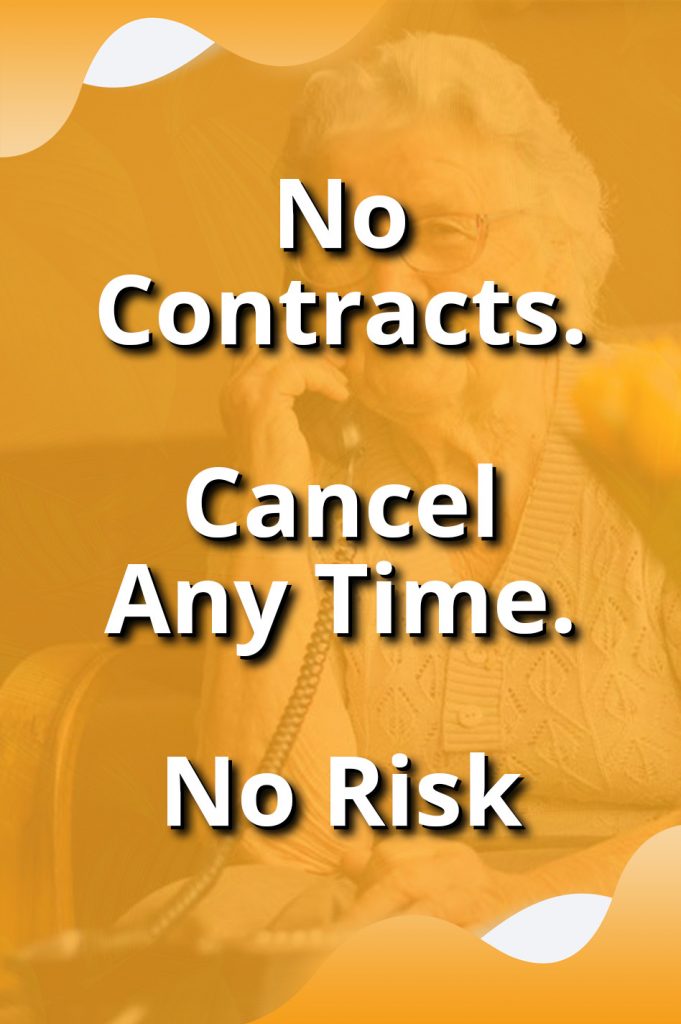
Creating Better Lives for Seniors with Accessible Tech
Image by Freepik for Creating Better Lives for Seniors with Accessible Tech Creating Better Lives for Seniors with Accessible Tech Technology has the power to
Fear of Falling

By Richard W. Besdine, M.D. – via Huffington Post
A month ago, I almost became the subject of one of my own medical school lectures, after an episode that illustrated one of the most serious health problems facing older adults and their doctors: falling.
To prepare medical students for their older patients’ real-life challenges, I always teach the perils of falls, so when I fell myself on a patch of ice in my driveway, I knew what could happen. Mercifully, I broke nothing, although I had a softball-sized hematoma on my side for weeks. But I think I can thank decades of daily squash games for the bone density that probably saved me from breaking a hip and I returned to work the next day, sore but intact.
Many people aren’t so lucky. More than 2 million people went to emergency rooms after a fall in 2010, and more than half a million had to be admitted to the hospital. And while most go home with fractures, cuts or bruises, more than 20,000 die from a fall each year. Falls are the leading cause of injury and of injury death for people over 65.
Fear of falling also haunts many older people, particularly those who have fallen already. (In a cruel twist, this fear actually increases their likelihood of falling again, as well as triggering a counterproductive reduction in exercise, and increasing isolation and depression.) Perhaps they know, or instinctively understand, that a bad fall represents the fastest ticket to disability, loss of independence and, often, the nursing home. Ninety percent of all hip fractures — another of the dreaded events that can transform a life in the blink of an eye — happen during a fall, and about a quarter of all hip fracture patients over age 50 die within a year.
Unpredictable, lightning fast and potentially deadly, falls pose a risk no older person can afford to ignore, on a par with other major health threats, according a world authority, my friend and colleague Mary Tinetti, M.D. of Yale Medical School. “Given their frequency and consequences, falls are as serious a health problem for older persons as heart attacks and strokes,” she says.
While important, establishing the seriousness of falls was only part of Mary’s contribution. More fundamentally, she put falling on the map, no longer to be seen as a tragic “accident,” but as a treatable and preventable problem. By identifying a list of modifiable risk factors and then testing interventions, she proved that reducing those risks reduced subsequent falls, by as much as 30 percent. This is hugely important since, like many such problems, it is far better to prevent a fall than to try to recover from one.
Risk factors include:
While the simple fact of aging does not increase a person’s risk of falling (at least until about age 80), it does tend to increase the number of risk factors. The more factors, the more a person’s risk goes up until, with four or more, the likelihood of falling rises to about 80 percent in one year. Balance and walking problems, in particular, identify persons at high risk. Although not all risks are modifiable, most are, and are very much worth attention…….more



Image by Freepik for Creating Better Lives for Seniors with Accessible Tech Creating Better Lives for Seniors with Accessible Tech Technology has the power to

How Long Should You Be Able to Stand on One Leg, According to Your Age? Maintaining balance is essential for everyday activities, and standing on

Flourishing in Your Golden Years: Embrace Health and Vitality Even answering your daily automated safety welfare check in care call while out and about. Image

ⓒ All rights reserved